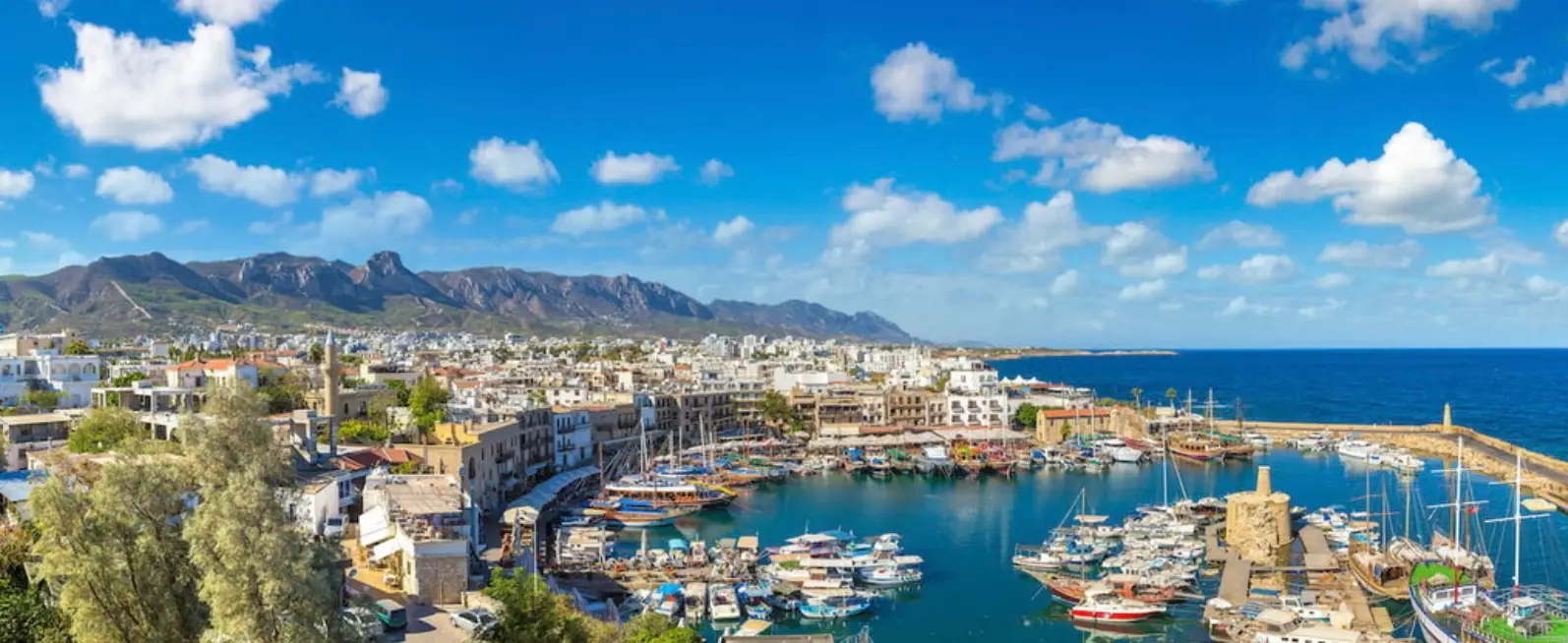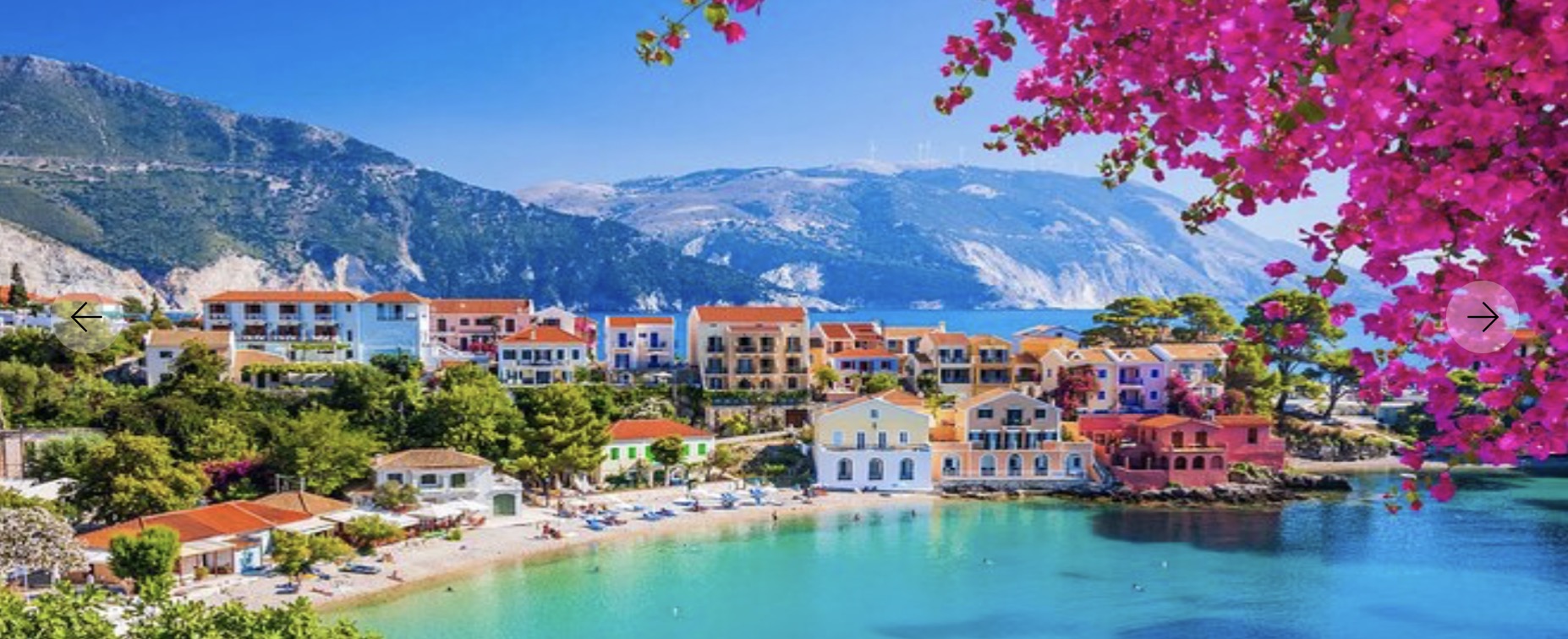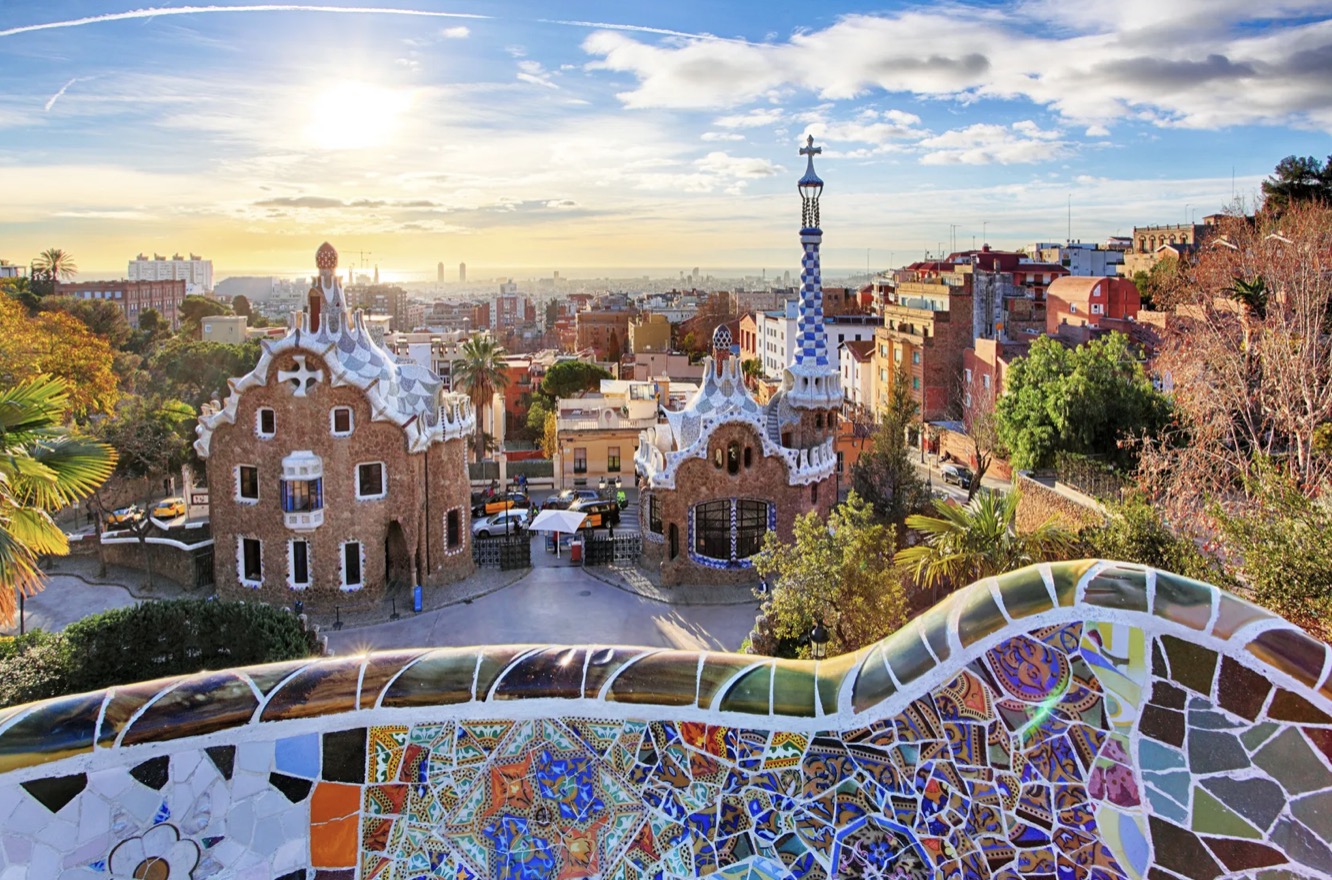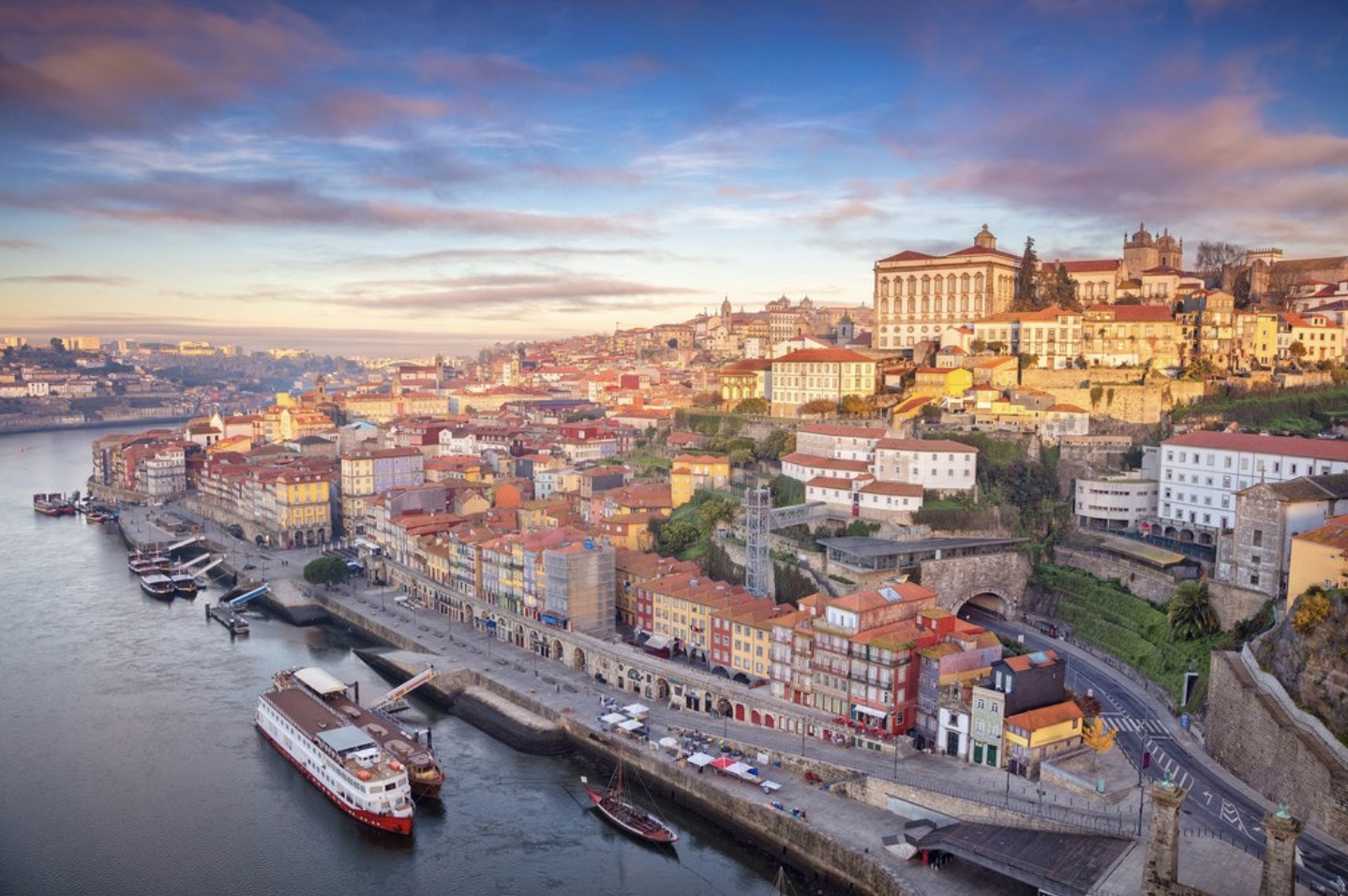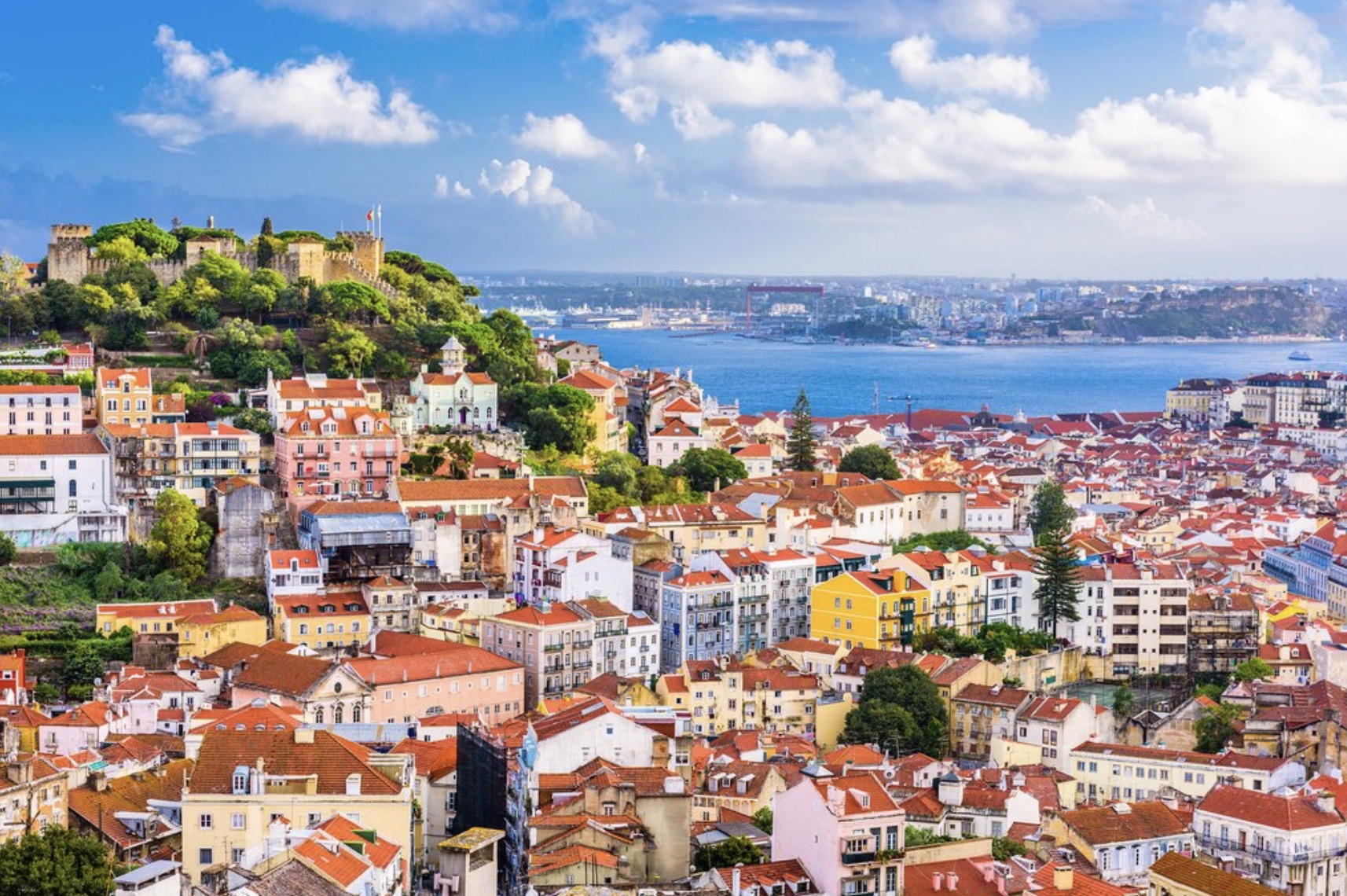Education system in Cyprus
Absolutely all children have the right to education, regardless of the basis on which their parents (guardians) live on the island. The education system is four-level – preschool education, primary, secondary and higher education.
They teach in educational institutions of Southern Cyprus mainly in Greek. In private kindergartens, schools, and universities, teaching in English or any other language is allowed, but with a mandatory minimum of lessons in Greek, provided for by the state programs of Cyprus. In universities, classes are taught in Greek, English, and Turkish.
Preschool education: kindergartens and nurseries
Since 2004, preschool education in Cyprus is compulsory from 4–5 years of age. The kindergartens are accepted from the age of three (it is better to register in advance). Those interested are admitted in early January, although the academic year begins in September. For the first year or two, children go to nursery (Nursery), and for another year, from 4 years and 8 months, they attend a school preparation group (Preschool).
Parents (guardians) independently decide which kindergarten to send their child to:
• State (municipal). Funded from the state budget. The Ministry of Education and Culture recruits personnel and is responsible for their retraining. The program is designed for admission to a Greek school.
• Community (community kindergarten). It can be created by one of the organizations – a parents’ association, a public council, a trade union or a charitable foundation. Funded by grants from the Ministry of Education. Most often these are nurseries for children 3–4 years old, located in the building of a municipal kindergarten. If this is not the case, the community garden also accepts children from 4 years 8 months.
Parents pay for a state or community kindergarten once a month: about €45 if the child is in the garden until 13:00, €150 for a full day from 16:00 to 18:00. The lower the parents’ income, the lower the payment. Meals cost two euros per day. However, the main dishes offered are juices, snacks, nuggets, etc., so parents prefer to give their kids food to take with them in lunch boxes.
Private. Operates under the Private Schools Act 2019. Established with the consent of the Private Education Advisory Committee under the Ministry of Education. The language of instruction is mainly Greek. There are kindergartens where they teach in another language, most often in English or Russian. List of private gardens by region.
The largest number of Russian-speaking private gardens is in Limassol, where 15% of the population are Russian speakers. The programs and work schedule are the same as in Greek gardens, the daily routine and meals are closer to Russian ones: hot food, four meals a day, naps during the day. The price depends on the level of the institution – there are gardens for €130 per month (before lunch) and €175 for a full day. There is €500 for half a day, but with meals and stationery.
British private kindergartens are usually attached to British schools, of which there are only 20 in the Greek part of the island, of which 10 are in Limassol. These are the most expensive and prestigious institutions – about €200 per month for half a day and €400 with an extended period. They teach according to British programs, and then enroll in British schools without interviews. Some British kindergartens have Russian-speaking teachers.
Additional payments in Cyprus gardens:
- registration fee of about €100 per year (for securing a place for a child);
- health insurance up to €20 per year;
- non-refundable deposit (in some kindergartens) in case the child is removed from the kindergarten before the end of the school year.
Primary School: Grades 1–6
Children go to primary school from the age of 5.5–8 and study for 6 years (compulsory stage), after which they receive a certificate. Children are provided with favorable conditions for learning, regardless of age, gender, family and social status, and abilities.
- Classes have up to 25 students.
- Homework is creative and interesting.
- There are no written examinations at the end of the year.
Public Schools
There are a total of 341 public (Greek) primary schools in Cyprus. Education in any of them is free, as it is funded by the government.
All of them are divided into categories depending on the number of students:
- With one teacher. If there are 15–20 children in a school, one teacher teaches all classes. If there are fewer than 10 students, the school is merged with another regional one.
- With two teachers. If there are 20–39 children in a school, one teacher teaches classes in grades 1–3, the second in grades 4–6.
- With 3–5 teachers. If there are 30–59 children studying. Such schools operate mainly in rural regions.
- With 6 or more teachers. These are urban and large community schools.
Since 2011, the number of students in each class should not exceed 25 people.
Private schools
Private schools are located mainly in cities, there are 30 of them in total. All of them are accountable to the Ministry of Education of Cyprus. Many offer full cycle training: from kindergarten to a year of preparation for university.
Parents pay for tuition. Depending on the school and class, the cost per year of study varies from €1–2 thousand to €5–6 thousand. Textbooks published by the Textbook Organization in Greece are issued free of charge, as in municipal schools.
There are installment plans, scholarships for achievements or academic success, various discounts (for paying for the year at once, for the second and subsequent children, etc.). The education of some categories of students is subsidized by the state (Maronites, Turkish Cypriots).
Types of private schools
- Analogues of state ones. Either they strictly follow the curriculum of public schools, like Falconschool in Nicosia, or they only retain 2/3 of the subjects from the core list of public schools.
- British private schools ASPIRE, International School in Paphos, etc.
- American American Academy in Larnaca, Limassol, Nicosia.
- Russian schools.
There are five Russian schools in Cyprus: in Nicosia at the Russian Embassy, its branch in Paphos, three with advanced English and Greek in Limassol (L.I.T.C, “Pythagoras”, “Morphosis”). Study costs about €2–3 thousand per year, external studies are available. All graduates receive two certificates (Russia and Cyprus).
The student is retained for the second year only for compelling reasons and once during the entire period of study in primary school, having received the consent of the school inspector and notifying parents (guardians). In exceptional cases, the Minister of Education may order a child to stop attending school temporarily or permanently.
Middle School: Grades 7–12
Secondary Education is compulsory and lasts 6 years. In public schools education is provided free of charge. The training program consists of two three-year cycles and is designed for students aged 12–18 years:
- Cycle A. Junior high school (Gymnasium). Compulsory full-time education for all children aged 12–15 years. General education classes from 7th to 9th. Workload 38 hours per week.
- All curricula in secondary school subjects→
- Cycle B. Senior secondary school (optional stage of education!). Grades 10 to 12. Children study at the Lyceum (Greek: Lykeio), where they prepare to enter university. Workload 35 hours per week. Instead of a lyceum, a child can choose a secondary specialized educational institution (Technical School) to obtain a profession.
Colleges operate at universities and also prepare students for entering a university in their chosen field. Graduates usually enter the university straight into their second year. In technical schools, children primarily receive the knowledge and skills necessary to work in their profession.
Higher education
Higher education in Cyprus is provided in public and private universities. More than 30% of school graduates enroll in them. The same number choose universities abroad, mainly in narrow specialties that are not taught in Cyprus. Among the 25 thousand students on the island, a third are foreign.
The most prestigious of public universities is the University of Cyprus (six faculties, studies in Greek and Turkish). From private – University of Nicosia

